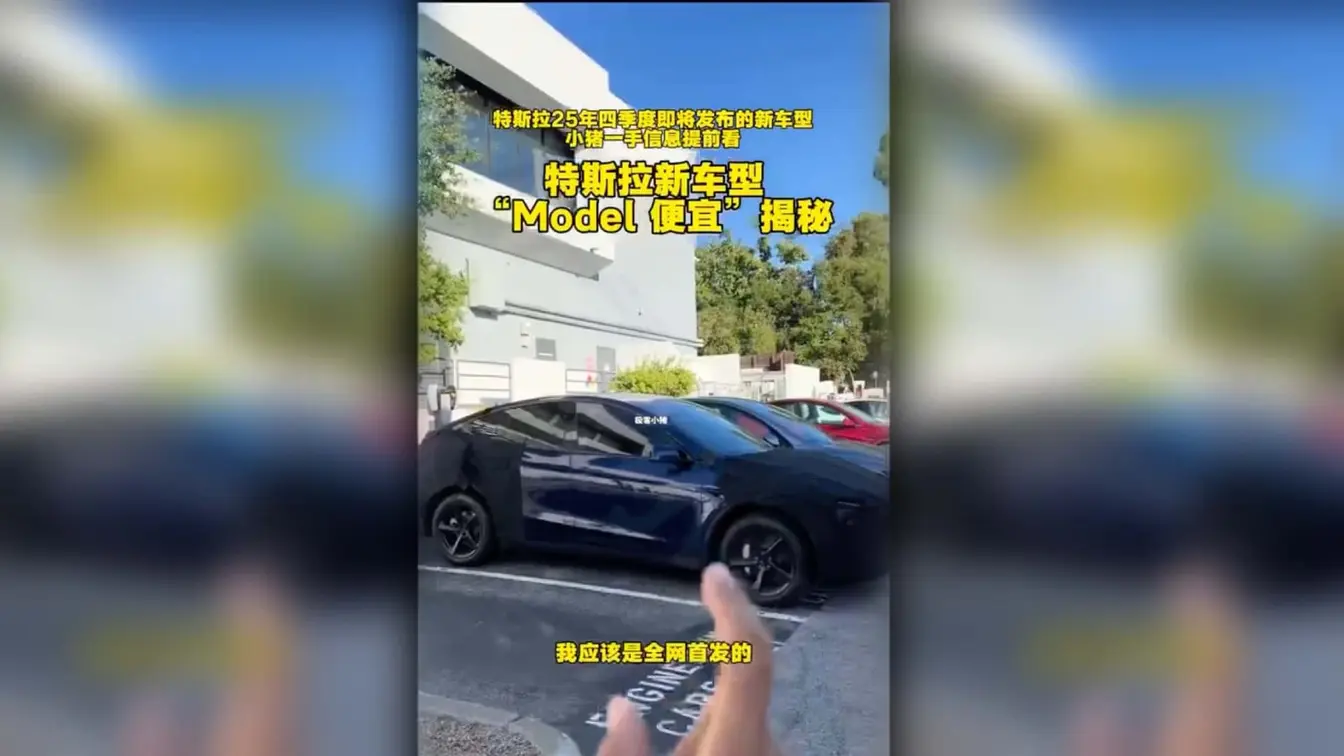T4K3.news
Leaf remains affordable EV option in US market
The 2026 Leaf enters showrooms with a low starting price, keeping it among the cheapest EVs in America.
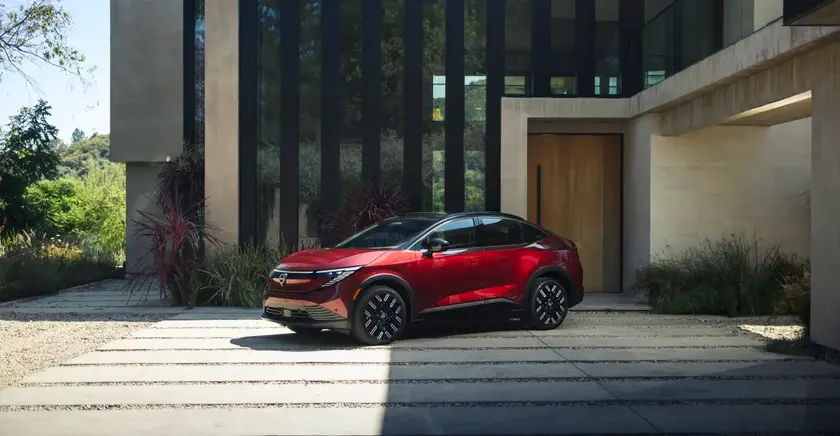
The 2026 Leaf arrives this fall with a low starting price that keeps it in the affordable EV tier.
Nissan Leaf remains among the cheapest EVs in America
The 2026 Nissan Leaf Refresh introduces a crossover body, dual charging ports, and more than 300 miles of range. The Leaf S Plus starts at $29,990 before destination charges, or $31,485 including the $1,495 destination fee. The SV Plus trim begins at $35,725 including destination charges. Nissan notes this is the lowest starting MSRP for any new EV currently on sale in the United States and says the price reflects a commitment to making EV mobility accessible to all. The company emphasizes it is not relying on federal incentives or fuel savings to justify the price.
When the Leaf reaches dealerships this fall, it will be positioned against an average new EV price around $55,689, according to Kelley Blue Book, down 4.2 percent from a year ago. For context, gas-powered cars average about $48,800, up 1.5 percent year over year. Tesla, still the market leader in EVs, has an average transaction price near $52,900, down more than 9 percent from last year.
Key Takeaways
"Affordable EVs can be real cars for real people."
Captures consumer-facing appeal of subpremium EVs
"Price wins the showroom, but range wins the road."
Highlights the trade-off buyers weigh
"If the Leaf is the baseline, other makers have homework."
Industry implications for competitors
"Incentives or not, the math is changing the buyer's ledger."
Policy framing risk for buyers
The Leaf’s price point matters because it shifts the conversation from subsidies to sticker value and total cost of ownership. By packaging range and practicality at a low entry price, Nissan is nudging the market toward affordability as a selling point rather than a niche benefit. If competitors respond with similar price floors, the EV market could widen beyond early adopters toward more mainstream buyers.
The mention of incentives and politics around policy introduces a risk layer. Buyers may read the price as contingent on political factors rather than product value, which could spark confusion or backlash if incentives change. In the long run, reliable charging networks and dependable ownership costs will determine whether the Leaf’s affordability translates into sustained demand.
Highlights
- Affordable EVs can be real cars for real people
- Price wins the showroom, but range wins the road
- If the Leaf is the baseline, other makers have homework
- Incentives or not, the math is changing the buyer's ledger
Political framing around EV incentives risks backlash
The article ties Leaf pricing to federal incentives and a political figure, which could confuse buyers and provoke political backlash. It also raises questions for investors about the sustainability of price-driven EV adoption.
Time will tell if price alone can move a broader group of buyers toward electric driving.
Enjoyed this? Let your friends know!
Related News
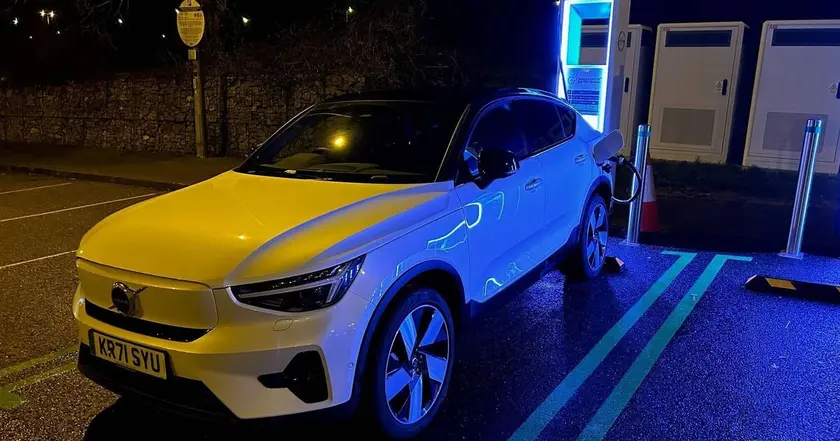
EV long trip reveals time and cost hurdles
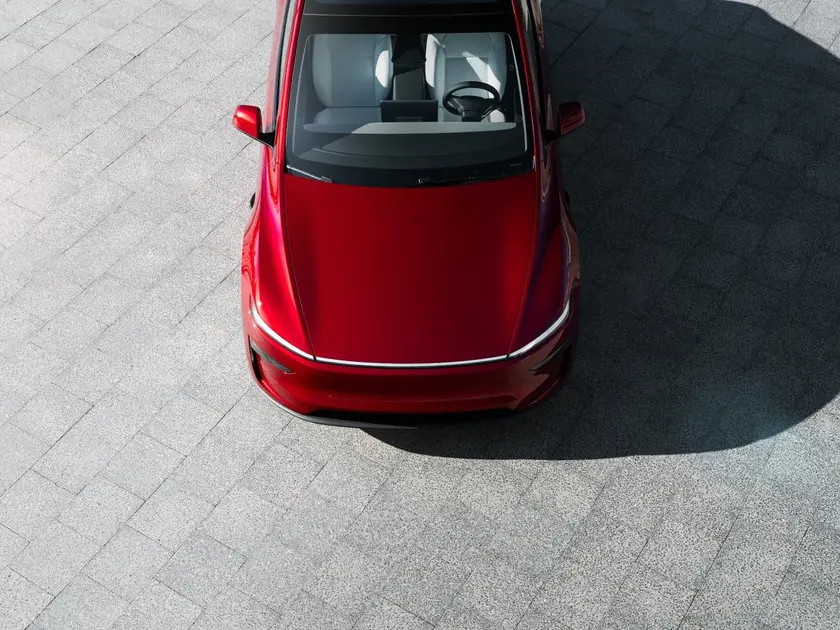
Tesla Starts Production of Affordable Model for 2025 Launch

Tesla reveals a more affordable Model Y
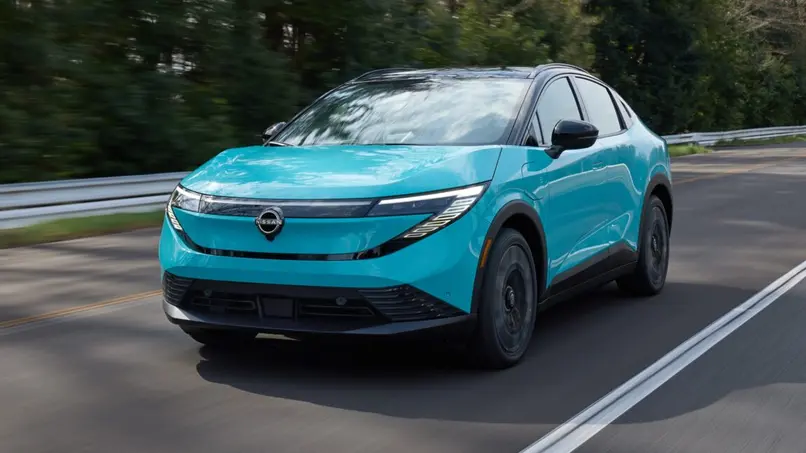
Leaf price update

Nissan LEAF 2026 pricing and range announced
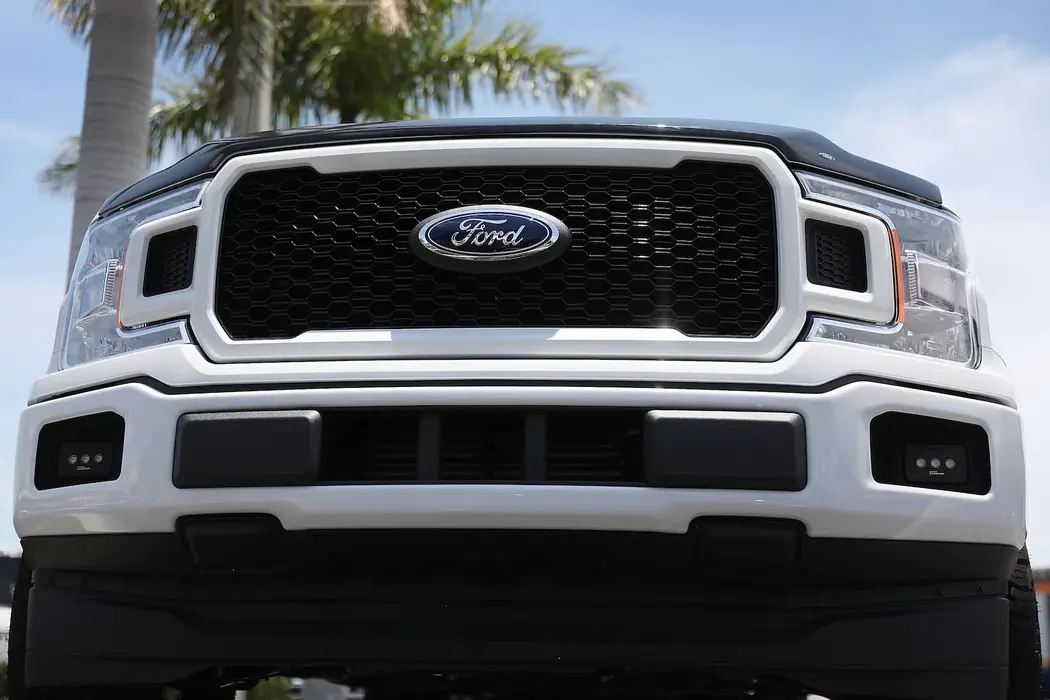
Ford teases Ranchero comeback as an affordable EV

ECG expansion boosts affordable EVs
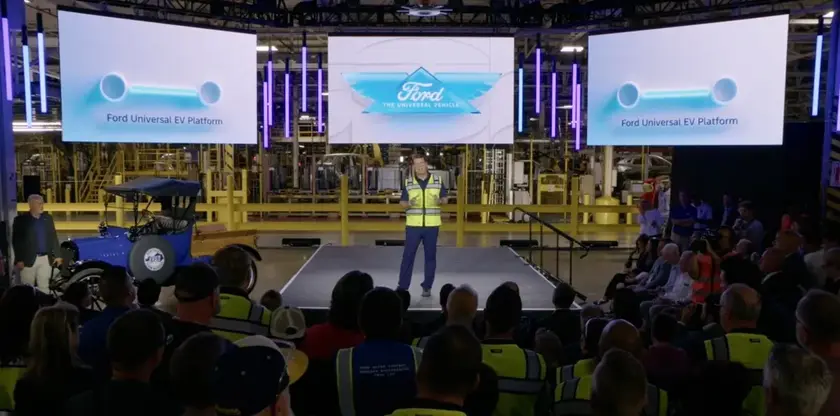
Ford doubles down on US EV push
